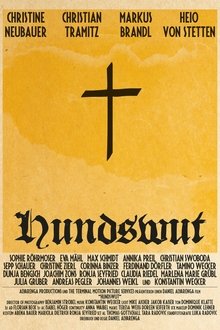Late 18th century, Tohoku. An outcast girl, Rin lives in a village suffering from famine. She draws strength from Mt. Hayachine, where the spirits of humans ascend after passing.
Related Movies

The Blue Hearts (2017)
Six directors picked a favorite song by Japanese punk rock band "The Blue Hearts" and made a short film inspired by the song.
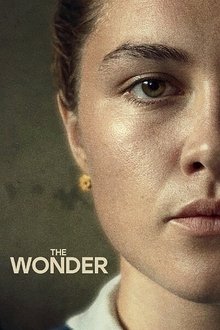
The Wonder (2022)
Haunted by her past, a nurse travels from England to a remote Irish village in 1862 to investigate a young girl's supposedly miraculous fast.
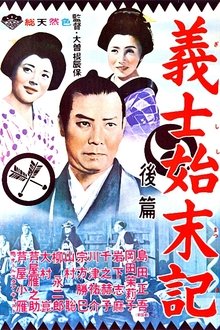
Records of loyal vassals (1962)
In the 15th year of the Genroku era (1688), the world praised the 47 ronin who avenged the death of their master Asano Takumi-no-kami. Shogun Tsunayoshi, who ruled at that time, experienced difficulties in what punishment to impose on the soldiers. As a result, it was decided to sentence them to seppuk (ritual suicide).
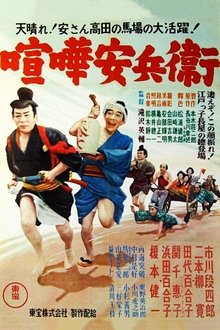
Fighting Yasubei (1952)
Yasube Nakayama left the clan and lives in Edo. One day, Yasubei visits his uncle Rokuroemon Kanno to borrow money from a moneylender in the amount of 13 ryo in order to save Oteru, the daughter of a merchant. However, the next day, Rokuroemon was killed in a fight by the Murakami brothers. Yasubei rushed to the scene, took revenge and became the husband of Miya, the daughter of Horibe Yahei.

Spark (2017)
Tokunaga is an unpopular comedian. He meets a senior comedian, Kamiya, who holds a strong faith in comedy. They struggle to move forward as comedians.

Rashomon (1950)
Four people recount different versions of the story of a man's murder and the rape of his wife.

Dogville (2003)
A woman on the run from the mob is reluctantly accepted in a small Colorado community in exchange for labor, but when a search visits the town, she learns that their support has a price.
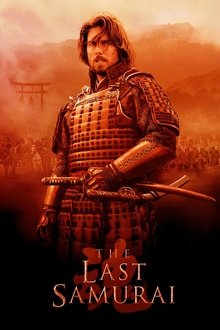
The Last Samurai (2003)
Nathan Algren is an American hired to instruct the Japanese army in the ways of modern warfare, which finds him learning to respect the samurai and the honorable principles that rule them. Pressed to destroy the samurai's way of life in the name of modernization and open trade, Algren decides to become an ultimate warrior himself and to fight for their right to exist.
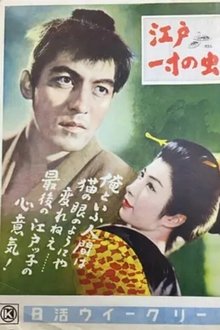
The Samurai of Edo (1955)
This historical film depicts the life of a man who was at the mercy of the waves during transition from the end of the Edo period to the Meiji Restoration, and therefore, shows audience the dynamic change from Edo to Meiji. Before the war, the director, Eisuke Takizawa, together with the writers, formed a scenario writer group "Narutaki-gumi and they shot many historical masterpieces.
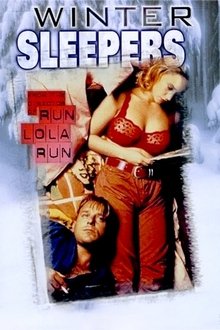
Winter Sleepers (1997)
Young blonde translator Rebecca lives with her boyfriend ski instructor Marco in a mountain villa owned by her friend, nurse Laura. Rene, local cinema projectionist, steals Marco's car and gets into a car crash with local Theo, whose daughter, after being in coma for a time, dies. Rene suffers from partial short term memory loss and starts a relationship with Laura. Meanwhile Marco is looking for the man who stole his car and Theo - for the man who killed his daughter...

Platoon (1986)
As a young and naive recruit in Vietnam, Chris Taylor faces a moral crisis when confronted with the horrors of war and the duality of man.

Jin-Roh: The Wolf Brigade (1999)
A member of an elite paramilitary counter-terrorism unit becomes traumatized after witnessing the suicide bombing of a young girl and is forced to undergo retraining. However, unbeknownst to him, he becomes a key player in a dispute between rival police divisions, as he finds himself increasingly involved with the sister of the girl he saw die.

The Bridge on the River Kwai (1957)
The classic story of English POWs in Burma forced to build a bridge to aid the war effort of their Japanese captors. British and American intelligence officers conspire to blow up the structure, but Col. Nicholson, the commander who supervised the bridge's construction, has acquired a sense of pride in his creation and tries to foil their plans.

Dolls (2002)
Dolls takes puppeteering as its overriding motif, which relates thematically to the action provided by the live characters. Chief among those tales is the story of Matsumoto and Sawako, a young couple whose relationship is about to be broken apart by the former's parents, who have insisted their son take part in an arranged marriage to his boss' daughter.
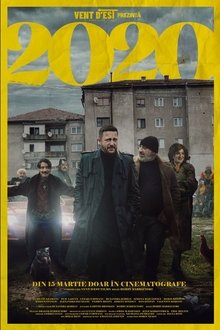
2020 (2024)
Brothers Max and Gelu are determined to survive the COVID-19 pandemic currently sweeping Italy. The two return to their native Romanian village, where they think they will be safe. Regardless of costs or means, Max and Gelu will gain immunity to the virus...
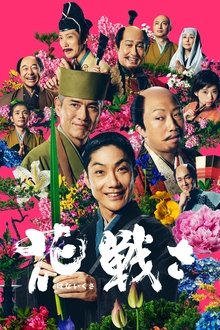
Flower and Sword (2017)
In the late 16th century, after the death of Nobunaga Oda, Hideyoshi Toyotomi takes power. The age of war is about to end, but Hideyoshi Toyotomi's rule makes life difficult for the people. Monk Senko Ikenobo is a master of flower arrangement. He prays for peace in the world and tries to give hope to the people with flower arrangement. He becomes good friends with Rikyu. Rikyu is a monk and a politician. He has the most profound influence on chanoyu. Rikyu is forced to commit hara-kiri by Hideyoshi Toyotomi’s order. Monk Senko Ikenobo challenges Hideyoshi Toyotomi.
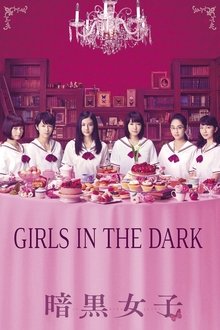
The Dark Maidens (2017)
Set in an academy for daughters of the rich and powerful, this murder mystery involves six girls with a dark secret. Literature club chairman Itsumi Shiraishi, has fallen to her death from the school roof. Rumours soon circulate that one of the members of the literature club is the culprit. New chairman and friend of the victim, Sayuri Sumikawa, holds a meeting and asks each member to recount their whereabouts at the time of Itsumi’s death. Who is telling a lie and what really happened to Itsumi?
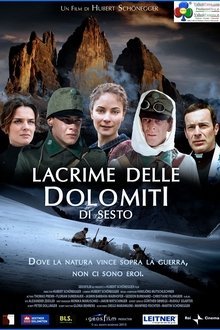
Tears of the Sexten Dolomites (2014)
In 1915, the First World War is in full swing and young men are called to military service in rows - including Franz and Peter. Both are sent to the Dolomite front, in order to fend off a threatened Italian attack. Comradeship and loyalty are needed in the fight, but Franz and Peter are ever enemies. Since Peter's romance with Anna, the competition between the two flares up more. But the circumstances of the war and the harsh weather in the mountains soon end those hostilities.

The Queen of Witchcraft (2025)
Mirah, a woman shunned by her village after the mysterious deaths of men connected to her, seeks refuge in a Padang restaurant owned by Bana, who falls in love with her. As more men die, Mirah discovers she’s cursed by her stepsister Puti with the deadly “Bahu Laweyan” curse, which kills any man who becomes intimately involved with her. Fueled by revenge, Mirah plans to destroy Puti’s happiness by targeting her husband. Despite the deadly curse, Mirah and Bana craft their own tragic love story, choosing to be together no matter the consequences.
